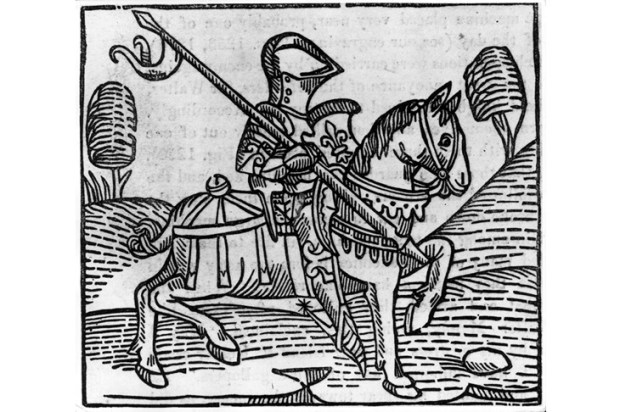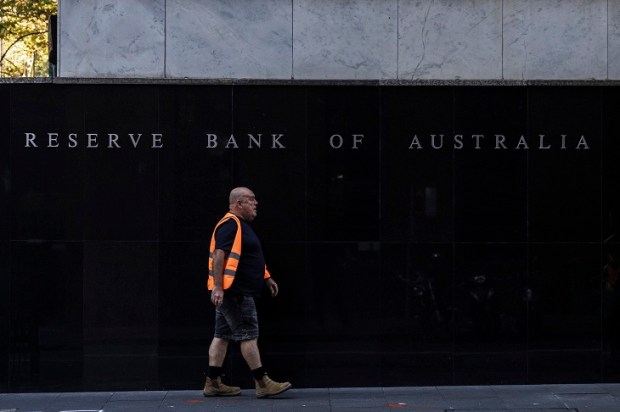We are currently undertaking something of an experiment in the limits of political authority and leadership. This is especially true in Western countries where the populace take just a passing interest in politics, usually every few years when an election rolls around. The daily struggle of most is one of individual and society, ordinary men and women trying to feel fulfilled in a consumer society with the traditional pillars of moral authority such as religion and nationalism in tatters.
But the Stage 4 lockdown in Victoria will test the dynamics of obedience in a country known for its larrikin history. The early stage in April was notable for its relative effectiveness. The populace was compliant despite having considerable restriction placed upon their economic and social freedoms. Dissenting voices were pushed to the periphery. International images of body bags and parks transformed into graveyards kept the fear impulse in high gear, helping to sustain behavioural modifications.
In research articles published by the British Psychological Association in April of this year, it was found the group least likely to comply with social distancing and hygiene measures were young people with strong “subjective self-interest”. This was also the group most likely to hoard supplies and continue with large gatherings.
The terminology could scarcely better describe the two young women found to have deceitfully entered Queensland from Victoria, carrying the virus. Diana Lisa and Olivia Muranga, both of African heritage, were plastered on the front page of The Courier-Mail. They were also named and shamed in multiple other publications.
Despite some social media outrage crying racism, media outlets were largely unanimous in recognising the responsibility of underlining such a heinous crime. The editor of the Sydney Morning Herald Lisa Davies was asked on ABC Radio whether the girls should have been identified. To her credit, she was unequivocal. “We name people involved in crimes all the time,” she responded. “The girls were old enough to vote, old enough to drive. I don’t make any apologies for identifying them.”
In this calculation, race has nothing to do it. Those who argue they should not have been named are the real racists, demanding alternative treatment for ethnic groups. It is the racism of low expectations.
We are in the grip of framing a new public health-based morality, Such shaming may be necessary to help re-orient people to new expectations of behaviour. The greater requirement for mutual obligation is at odds with the expressive individualism of our recent history. The young women should certainly be given a chance to atone and receive forgiveness in due course, but their crime of endangering the lives of an entire community is of the greatest severity in the current circumstances.
There is considerable evidence that ethnic groups have been over-represented in the Victorian corona-virus outbreak. One of the biggest outbreaks, over a hundred cases, is linked to a single Islamic Al Taqwa college for instance. This reflects international trends also in the large, multicultural cities of the Western world, places like New York and London. Factors include that ethnic groups are over-represented in jobs facing the public and are more likely to live in crowded housing among extended, intergenerational families. They are also less likely to receive messages from traditional mass media.
But another challenge may be the fact that our eldest are often living alone or hidden from view. Psychological research found those people who had regular, direct contact with the most vulnerable such as the elderly or those with chronic disease are more likely to be conscious of undertaking the relevant public health measures. Australia has among the highest proportion of the elderly, those over sixty-five years old, living alone. The proportion living alone is almost a third.
While the majority report having regular contact with family and friends, significant proportions of our community have little contact with the groups most likely to be killed by corona-virus which will challenge their willingness to engage in restricted behaviours.
One of the most renowned experiments in behavioural science was conducted by Yale psychologist Stanley Milgram in the 1970s, so renowned, in fact, that the Simpsons did their own satire. The experiment involved subjects giving electric shocks under the direction of white-coated authority figures. Their obedience was so complete that almost three quarters gave their victims shocks close to life threatening intensity, lending credence to the Nazi generals whose defence was that they were merely following orders.
The experiment has particular relevance to our current predicament, given medical or white-coated figures are consistently standing adjacent our leaders to give greater credence to their pronouncements.
But one finding of the experiment was that stern, direct orders had the least effectiveness in generating compliance over the longer term. They were effective initially but the orders became of reduced efficacy over time. It was only when those administering the shocks felt part of a mutual project they believed in that co-operation was the greatest.
This is important for Daniel Andrew’s leadership style, which has usually been playing an angry, father-like figure waving an irritating finger to this childlike subjects, demanding submission. This is the origin of his derisive nickname Dictator Dan.
He has also been very quick to catastrophise, immediately linking any misbehaviour to the potential loss of life. While this has drawn criticism, fear of contracting the virus is the single biggest determinant for modifying behaviour. But this fear can rarely be instilled by political leaders for it depends upon a feeling that the virus is adjacent and is genuinely life-threatening. The fear initially generated by international images has also receded as people became exhausted and looked away. Arguably the media too has tired of images of death and dying.
It is difficult to argue against stricter lockdown when tallies approach a thousand daily infections. Australia has traditionally been most compliant with the daggy dad type character of political authority, from John Howard to Scott Morrison. Daniel Andrews may fall into such a category, but scarcely has the effectiveness of such a label received a greater test.
Got something to add? Join the discussion and comment below.
Got something to add? Join the discussion and comment below.
Get 10 issues for just $10
Subscribe to The Spectator Australia today for the next 10 magazine issues, plus full online access, for just $10.


























Comments
Don't miss out
Join the conversation with other Spectator Australia readers. Subscribe to leave a comment.
SUBSCRIBEAlready a subscriber? Log in